Building a financial hub for Vietnam
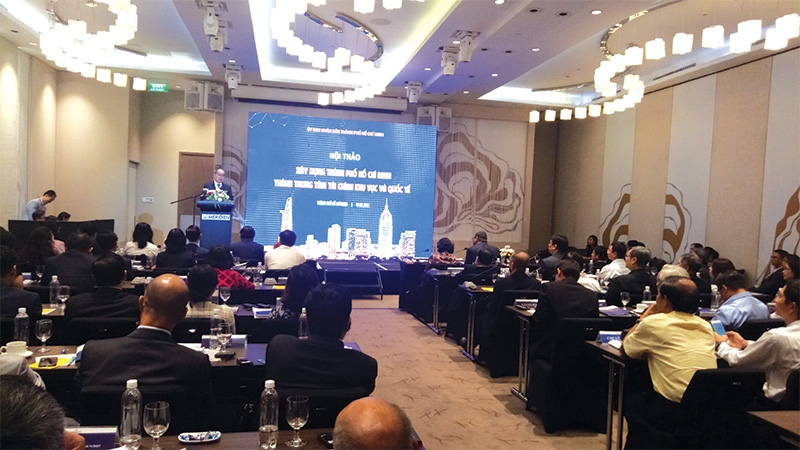 |
| Ho Chi Minh City’s workshop outlined the gains and challenges in setting up an IFC |
Nguyen Thien Nhan, Secretary of Ho Chi Minh City Party Committee told participants at the workshop, themed on turning the city into a regional financial hub, that the city wants to develop itself into an international financial centre (IFC). “This IFC will not only benefit the city, but also the whole country,” Nhan said.
He also requested that local authorities finish the detailed plan by October 2019, with the first bidding packages to kick-off in the middle of next year. “We are behind the rest of the world in setting up financial centres like this, but I do believe that with Vietnam’s brainpower we can seize all opportunities,” Nhan said.
He also suggested key factors to develop Ho Chi Minh City into a global and regional financial hub, including improving administrative procedures, creating an enticing investment environment, completing the infrastructure system, speeding up plans to fight floods, and improving startup initiatives.
Ho Chi Minh City is now developing its four core fields of education, healthcare, environment, and fintech application to reach international standards.
“All of these factors will provide the conditions for the implementation of the IFC plan,” Nhan stressed.
According to economist Vu Thanh Tu Anh from Fulbright University, which was assigned by Ho Chi Minh City People’s Committee to set up the plan, any financial centre must include urban space and a well-oiled financial system, rather than simply housing.
“An IFC must support and implement cross-border financial transactions meeting international standards,” Anh explained. “Specifically, a financial centre is home for leading financial companies, where businessmen look for new financial services and are served with diversified and relevant products.”
However, he said that the shape of Ho Chi Minh City’s financial centre has not been clearly defined yet because it is still being studied by the competent bodies, and city authorities must find a breakthrough in technology application.
He added that a breakthrough in fintech is of the utmost importance to keep up with global trends. “With the available human resources, we are confident about creating an IFC. However, we need support from the government in legal procedures and regulations to reach international standards,” Anh said.
Over 10 years ago, Malaysia’s Berjaya Land set up the so-called Berjaya Vietnam Financial Centre (BVFC), designed as “a world-class integrated mixed commercial development” with professional facilities for financial business. However, Berjaya Land faced multiple hiccups which hindered the project from ever being executed. In 2018, the project was transferred to two domestic companies who now plan to develop it into a mixed-use project.
According to Nguyen Thanh Phong, Chairman of Ho Chi Minh City People’s Committee, although the city wants to develop into an IFC, the lack of policies and qualified human resources are key challenges for the city’s IFC plan.
He said that despite having many advantages and huge potential to become a regional and global financial hub, the city still has not drawn up a clear plan, but with the contributions from international and domestic experts, the initiative could be sped up in the near future.
Currently the city’s financial sector grows at an average 8.8 per cent per year, mobilising around VND460 trillion ($20 billion) for socio-economic development.
In related events, last year Ho Chi Minh City Department of Planning and Investment revealed that it was soliciting investment to build a VND4.9 trillion ($213.04 million) financial, banking, and trade centre in the Thu Thiem New Urban Area. The complex will be built on nearly 14,500 square metres by 2021. The project will require two land parcels in Thu Thiem (in District 2, east of the Saigon River) for two 20-50-storey towers. Compensation for the land has been allocated.
The project is one of 210 projects that Ho Chi Minh City prioritised for investment last year. The department said many investors have expressed interest, both domestically and from overseas.
| Nguyen Thi Hong - Deputy Governor State Bank of Vietnam
Ho Chi Minh City connects different key economic regions of the south and the whole country. The city, therefore, deserves to become a major financial centre with banking and finance services developed in a proper manner. To turn Ho Chi Minh City into an IFC, the policy differences between the city and Vietnam as a whole need to be reconciled. Banks are essential in the Vietnamese financial system, which is on the way to restructuring itself and integrating into the global playground. A perfect financial centre must be closely connected with the payment system. During recent times, the banking system has been speeding up cashless payments at an average growth rate of 30 per cent per year. This is a good foundation for developing an IFC, which requires the government to have a clear direction and local authorities to be more active. The State Bank of Vietnam has been consistent in this plan and looks forward to the establishment of the future IFC. Alwaleed Alatabani - Lead financial sector specialist, World Bank
The global environment has become more challenging, with slower growth and rising risks. Amidst rising global headwinds, Vietnam’s growth momentum has been slowing since the beginning of this year. While the outlook remains positive, risks are still firmly titled to the downside. Vietnam must also prepare to adjust its policies in case downside risks materialise, and deepen structural reforms to boost investor confidence in the short term and raise potential growth in the medium term. Furthermore, the country must further reform to reduce the cost of doing business, including efficient equitisation and corporate governance. Vietnam should continue banking reforms to accelerate debt resolution and ensure adequate capital buffers to further reduce risks and enhance the efficiency of financial intermediation. Last but not least, the country must be ready to implement free trade agreements’ commitments. Tran Dac Sinh - Former chairman, Ho Chi Minh City Stock Exchange
Regional and international financial centres are often formed in big cities with high economic and social development, and are a focus point for financial institutions. Not every industrial or commercial city can develop into a financial centre. They also have to satisfy a plethora of related conditions related to competitiveness and innovation. In addition, the business environment, connectivity, human resources, the legal system, infrastructure, and stable development are also key factors in the formation of an IFC. Cities that have a favourable environment, stable politics, and good infrastructure – especially financial infrastructure and advanced technology systems – will have the advantage in attracting large financial institutions. Last but not least, IFCs must focus on important stakeholders in the market, such as financial agencies, investment funds, and services suppliers. Therefore, Vietnam must simultaneously develop all of the related sectors in one system and create attractive enough incentives for them to develop. Building Ho Chi Minh City into an IFC cannot be just the city’s own aspiration, it needs to be embedded into a long-term national strategy and the related master planning. Le Hong Giang - Director, investment strategy Tactical Global Management
Tourists who visit Wall Street in New York are often surprised and somewhat disappointed that this famous financial symbol is just a small street not much bigger than Huynh Thuc Khang street in District 1 of Ho Chi Minh City. Even the New York Stock Exchange headquarters in the middle of Wall Street are quite humble. Perhaps only the bronze bull statue at the beginning of the street, symbolising the growth of the stock market, is an indicator for tourists to believe that they are standing in the heart of the US and the financial world. What made New York one of the world’s largest financial hubs is not the skyscrapers but the ecosystem of its financial services. This not only applies to New York, but to all other financial centres in the world. Financial centres depend on two main factors: they are always formed from economic and trading centres, and their software is more important than the hardware. To have a successful IFC, we must also have qualified human resources and an effective legal environment. Financial services are increasingly relying on technology, so with time they will be transformed into technology centres, or financial centres will merge with technology centres. This will be a challenge for existing centres but also provides opportunities for younger centres. Vietnam, and particularly Ho Chi Minh City, will find it hard to seize the opportunities in the race to build an IFC in the traditional way, but attracting international coverage for unicorn companies and excellent startups in fintech is completely within reach. This will be the future financial focus and true centre of both Vietnam and Ho Chi Minh City. |
What the stars mean:
★ Poor ★ ★ Promising ★★★ Good ★★★★ Very good ★★★★★ Exceptional
 Tag:
Tag:
Related Contents
Latest News
More News
- Kurz Vietnam expands Gia Lai factory (February 27, 2026 | 16:37)
- SK Innovation-led consortium wins $2.3 billion LNG project in Nghe An (February 25, 2026 | 07:56)
- THACO opens $70 million manufacturing complex in Danang (February 25, 2026 | 07:54)
- Phu Quoc International Airport expansion approved to meet rising demand (February 24, 2026 | 10:00)
- Bac Giang International Logistics Centre faces land clearance barrier (February 24, 2026 | 08:00)
- Bright prospects abound in European investment (February 19, 2026 | 20:27)
- Internal strengths attest to commitment to progress (February 19, 2026 | 20:13)
- Vietnam, New Zealand seek level-up in ties (February 19, 2026 | 18:06)
- Untapped potential in relations with Indonesia (February 19, 2026 | 17:56)
- German strengths match Vietnamese aspirations (February 19, 2026 | 17:40)

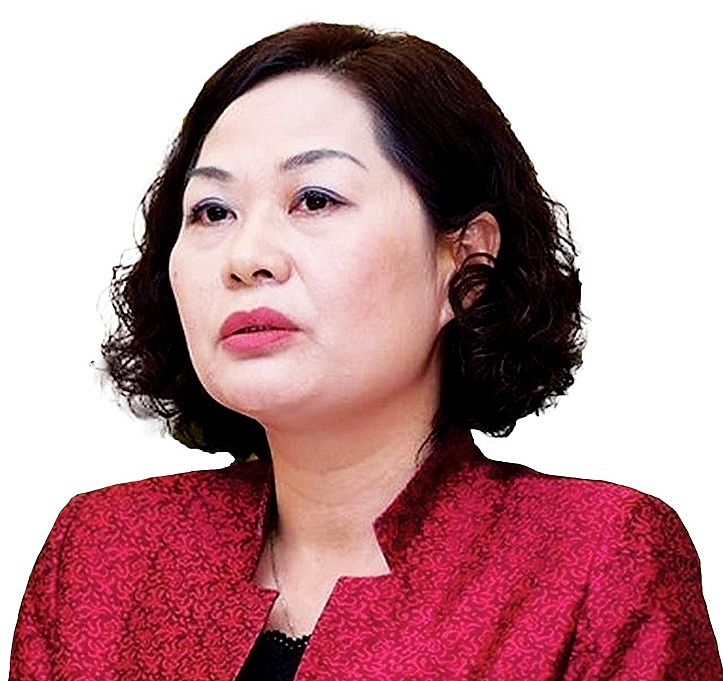
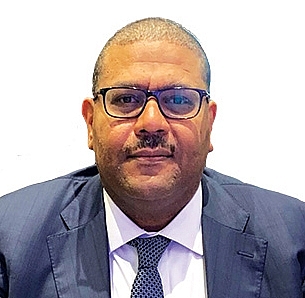
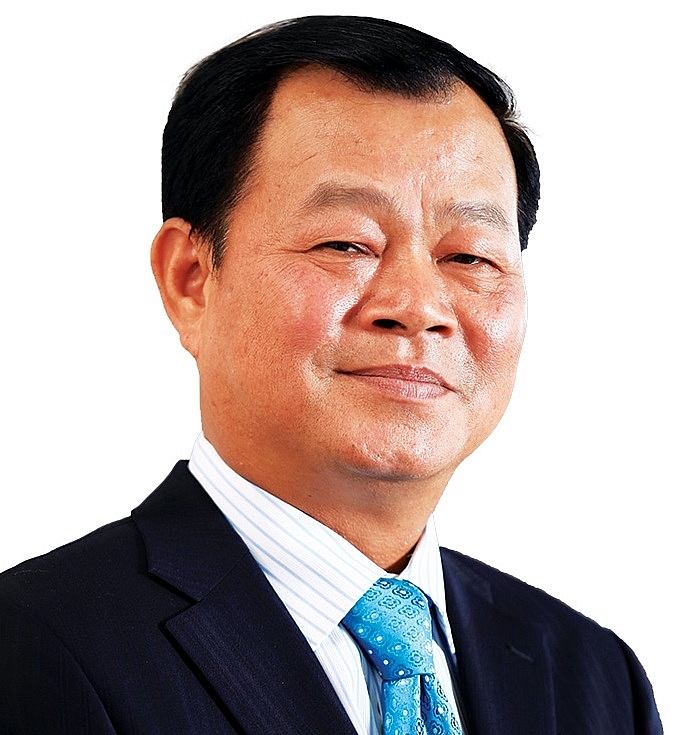
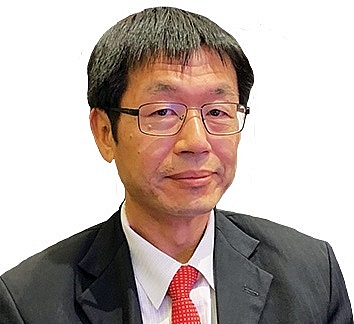





















 Mobile Version
Mobile Version